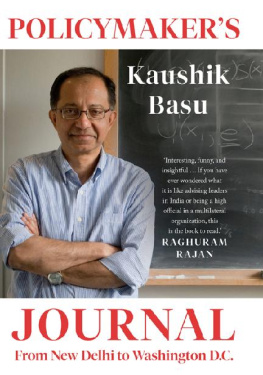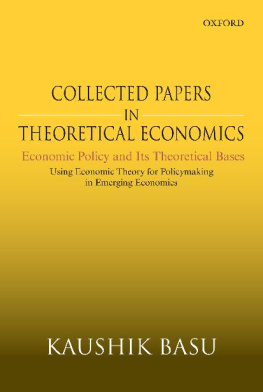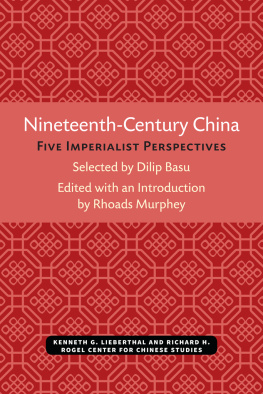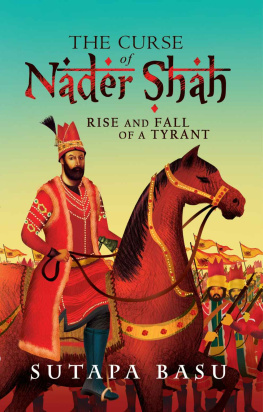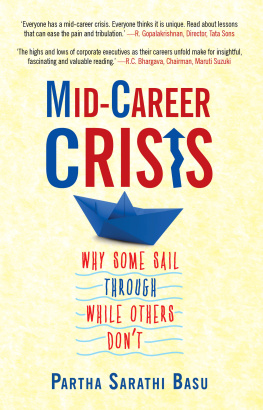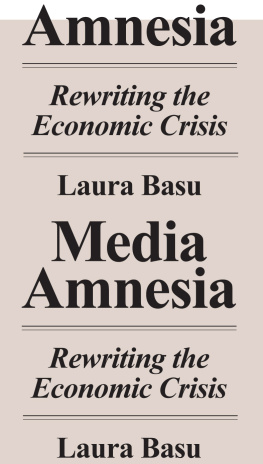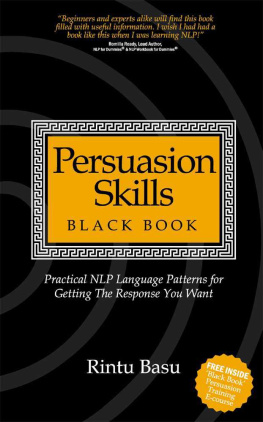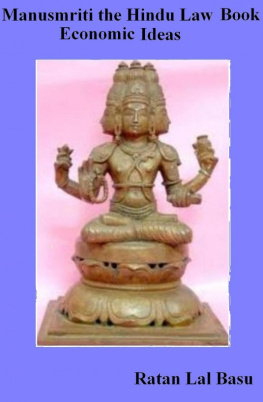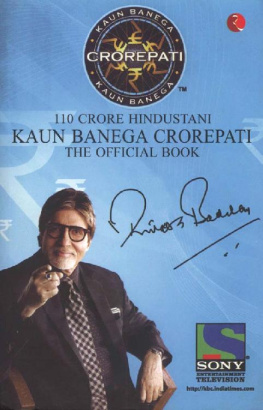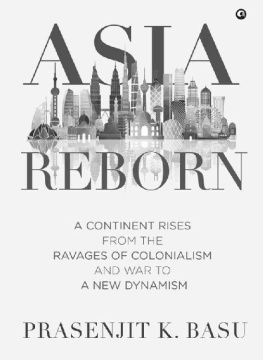Preface
From an existence totally immersed in the world of research, and with little forewarning, I was transported or, more aptly, hurled to the post of chief economic adviser (CEA) to the Government of India, at the Ministry of Finance, in December 2009, in response to an invitation from the then Prime Minister Manmohan Singh. Despite the disorientation of the initial months, this turned out to be a remarkably enriching experience, giving me a view that neither the career bureaucrat nor the traditional researcher has. This monograph is an account of the economy of contemporary India, ranging from the large macroeconomic questions to the granular, microtheoretic ones, all viewed from the perch of my office in Lutyenss Delhi. It is a book on the Indian economy and the art of policymaking, blending economic theory with personal experience.
My two and a half years in government convinced me, and this is the theme that recurs throughout the pages of this book, that economic policymaking is like an engineers work but with a twist. Crafting economic policy is like building an aircraft where the onlookers take an interest. In building an airplane, for example, onlookers typically take no interest. If they did, the task would be vastly more complicated. If the engineer went along with the popular view, making the wing span according to majority preference, giving the nose of the plane the tilt that the lay majority demanded, and so on, chances are the plane would not fly.
In making economic policy, in most areas, from setting tax rates, through changing key interest rates, to designing how a subsidy should be given out, people have views. This makes the task much more complex, for one has to combine technical knowledge with attention to how people think and what they believe in (which unfortunately also determines how they vote). Effective economic policymaking requires awareness of the fact that economics lies at the intersection of politics and society. This is not license to ignore the laws of economics and hard data, but simply means that the task is more challenging than may appear at first sight.
The transition from academe to the world of policymaking was especially hard in my case because, unlike some others, I had not gone into economics with the intention of helping the world. I went in for more selfish reasons, lured by the pleasures of logic and deductive reasoning and the excitement of discovering how much one can learn through pure reason. When I moved to policymaking in government, it was a conscious decision to abandon hedonism and to try to make some direct and palpable contribution to societys economic well-being. It was the sudden move from a life in research to the deep end of actual policymaking and political jockeying that made me more conscious of the importance of the broader setting of economics. Having come to government from outside, I had the one advantage the anthropologist has over the indigenous peoplean outsiders perspective. I could see the differences in norms and culture, both the momentous and the trivial, which would elude the more long-term inhabitants of this setting.
Let me begin with the trivial. It took me a while to fully appreciate that in high offices of the Indian government not only that one did not knock to enter someones office, but also that knocking was considered somewhat impolite. I remember, early in my job, I was about to knock on the door of Pranab Mukherjee, the finance minister at that time (now the president of India), when one of his doormen rushed up to me, alarmed, and said, What are you doing? I told him I needed to discuss some important fiscal policy matter with the minister. He looked bewildered and queried why, in that case, was I not simply going in?
I soon realized this was the norm, though initially I found it awkward, especially because in the tropics doors swell up and tend to get jammed. So when they finally yield to ones pressure one tends to catapult some distance into the room. Doing so without the forewarning of a knock seemed inconsiderate. As with most norms, after some time, I got used to it. And later, I even came to wonder if this norm was not actually superior to the Western one of knocking before entering, because it rested on the eminently sensible axiom: Do not disturb a person fifteen seconds before you need to disturb the person.
This is a trivial example but it draws attention to the fact that all economies are embedded in a mesh of intricate norms, collective beliefs, and behavioral habits. These can make or break an economy. While this book is primarily on economic policies, I have tried to weave into it the case for paying much greater attention to the social, behavioral, and institutional foundations of a society.
There is a second running theme that permeates the pages of this book. Over the last two or three decades there has been a backlash against the excesses of economic theory and there has been a chorus of demand for better empirical work, rooted in statistics and hard data. This is a worthwhile call and, fortunately, the profession has responded. There has been a remarkable improvement in our collection and analysis of data. Treasuries, ministries of finance, and central banks, in most countries, now have large research departments that collate and analyze evidence, as do universities and research institutes. This is as it should be; and we still have some distance to go in collecting more and better data, and doing empirical investigation.
However, during my nearly five years in the policy world, initially in the Government of India and now as chief economist at the World Bank, I have come away convinced that the bigger deficiency now lies in theoretical analysis and reasoning. We owe many of our policy mistakes to unreason and poor deductive reasoning. When policymakers talk about the importance of making evidence-based policy, the tendency too often is to wave at some evidence and quickly jump to policy conclusions, ignoring the fact that the word based also has a critical role to play. This is where analysis, theory, and deductive reasoning come in. Once we recognize that economics is embedded in other social sciences, deductive reasoning gets that much harder. But that must not be an excuse to abandon reason. To recognize, as modern behavioral economics does, that human beings often reason poorly must not be taken as license for the analyst to reason poorly. Though this book is not an exercise in theory and stays away from using mathematics, it strives to be fastidious analytically and in the use of deduction.
The book might never have happened but for an invitation that came toward the end of my term in New Delhi from Ashutosh Varshney of Brown University, asking me to deliver the first of the O. P. Jindal Distinguished Lectures at his university. These were meant to be three lectures (though I would eventually fit them into two long sessions) on the Indian economy, giving me the freedom to draw on my own experience and also to use the broader social and political canvas I have mentioned. I worked at a furious pace during the summer months of 2012 to prepare for these lectures, which I delivered on November 9 and 16 of that year. I am grateful to Ashutosh and the president of Brown University, Christina Paxson, for giving me the opportunity and to the remarkably engaged audience for its lively participation.


